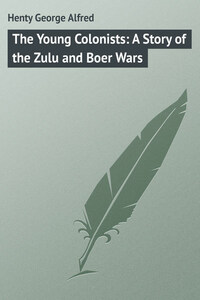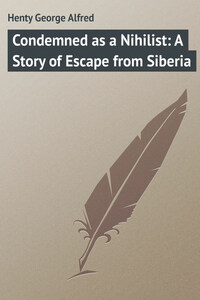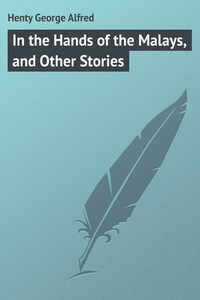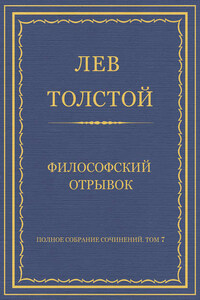As a rule the minor wars in which this country has been from time to time engaged, have been remarkable both for the admirable way in which they were conducted and for the success that attended them. The two campaigns in South Africa, however, that followed each other with but a brief interval, were notable exceptions. In the Zulu War the blunder, made by the General in command, of dividing his army and marching away with the greater portion without troubling himself to keep up communication with the force left behind, brought about a serious disaster at Isandula. In the Boer War we also suffered two defeats, – one at Laing’s Neck, the other at Majuba Hill, – and when at last a British force was assembled capable of retrieving these misfortunes, the English government decided not to fight, but to leave the Boers in possession of the Transvaal. This unfortunate surrender has, assuredly, brought about the troubled state of things now existing in South Africa.
After having written upwards of fifty records of almost unbroken success to the British arms in almost all parts of the world, I have found it painful to describe these two campaigns in which we suffered defeat. I trust, however, that this story will prove of great interest to the reader because of the characteristic English pluck and daring of its hero.
The country round Castleton, in Derbyshire, is greatly admired by summer tourists, for it lies in the wildest part of that county; but in winter the wind whistles sharply over the bleak hills – where there are no trees to break its violence, – the sheep huddle under the shelter of the roughly-built stone walls, and even lovers of the picturesque would at that season prefer a more level and wooded country. The farm of Mr Humphreys was situated about a mile from Castleton. It consisted of 100 acres or so of good land in the bottom, and of five or six times as much upland grazing on the hills. Mr Humphreys owned as well as farmed his land, and so might have claimed, had he chosen, the title of gentleman-farmer; but he himself would have scoffed at such an idea. He was a hard-working, practical farmer, about over his ground from morning to night, save when the hounds met within easy distance in winter; then he would mount “Robin,” who served alike as hunter, or hack, or to drive in the neat dog-cart to Buxton market; and, although there were many handsomer horses in the field, Mr Humphreys was seldom far off when the fox was killed.
His family consisted of his wife and two sons, the eldest, Richard, was about fourteen years old. His brother, John, was three years younger. Both went to school at Castleton. The younger boy was fond of his books; he had always been weak and delicate, and, being unable to spend his time in active exercise out of doors, he was generally to be found reading by the fire in winter, or lying on the ground in summer under a tree in the orchard, with his chin on his hand, and the book before him. Richard had no literary taste; he managed to scrape through his work and keep a moderate place in his class, somewhere about half-way down; but he threw his whole heart into outdoor exercise, and was one of the best bats in the school, although there were many there older by years. He knew every foot of the hills, could tell every bird by its note, and knew all about their nests and eggs. Except in school, or perhaps during the long winter evenings, it was rare indeed to find Dick with a book in his hand.
“You will never set the Thames on fire, Dick,” his father would say to him.
“I shall never want to, father,” he would reply. “I do not see that learning will ever be much good to me.”
“That is a foolish idea, Dick. A great deal of the learning that boys get at school is of no actual value in pounds, shillings, and pence. It is not the fact of knowing Latin, and Greek, and mathematics which benefits a man; but it is the learning of them. It is the discipline to the mind, which is of benefit. The mind is like the body. There is no use in cricket, or in boating, or in hunting, but these things strengthen the body and make it active and healthy, and able to do better everything which it undertakes, and it is exactly the same thing with the mind; besides, the days are coming when farmers must farm their land with science and intelligence, or they will be left behind in the race. We are being rivalled by the farmers of America. Not only do we have to pay rent, but by the tithes and rates and taxes they put upon us government makes the English farmer pay a heavy tax upon every bushel of corn he produces, while they allow the American corn to come into the market tax-free. This may be all right, but it does not appear fair to me. However, there it is, and we have got to meet it, and if we are to keep our heads above water, it can only be by farming up to the very best lights of the day.”
“Well, father,” Dick said, “then it seems to me that when we grow up, John and I must farm together. He shall be the scientific partner; I will do the work.”














